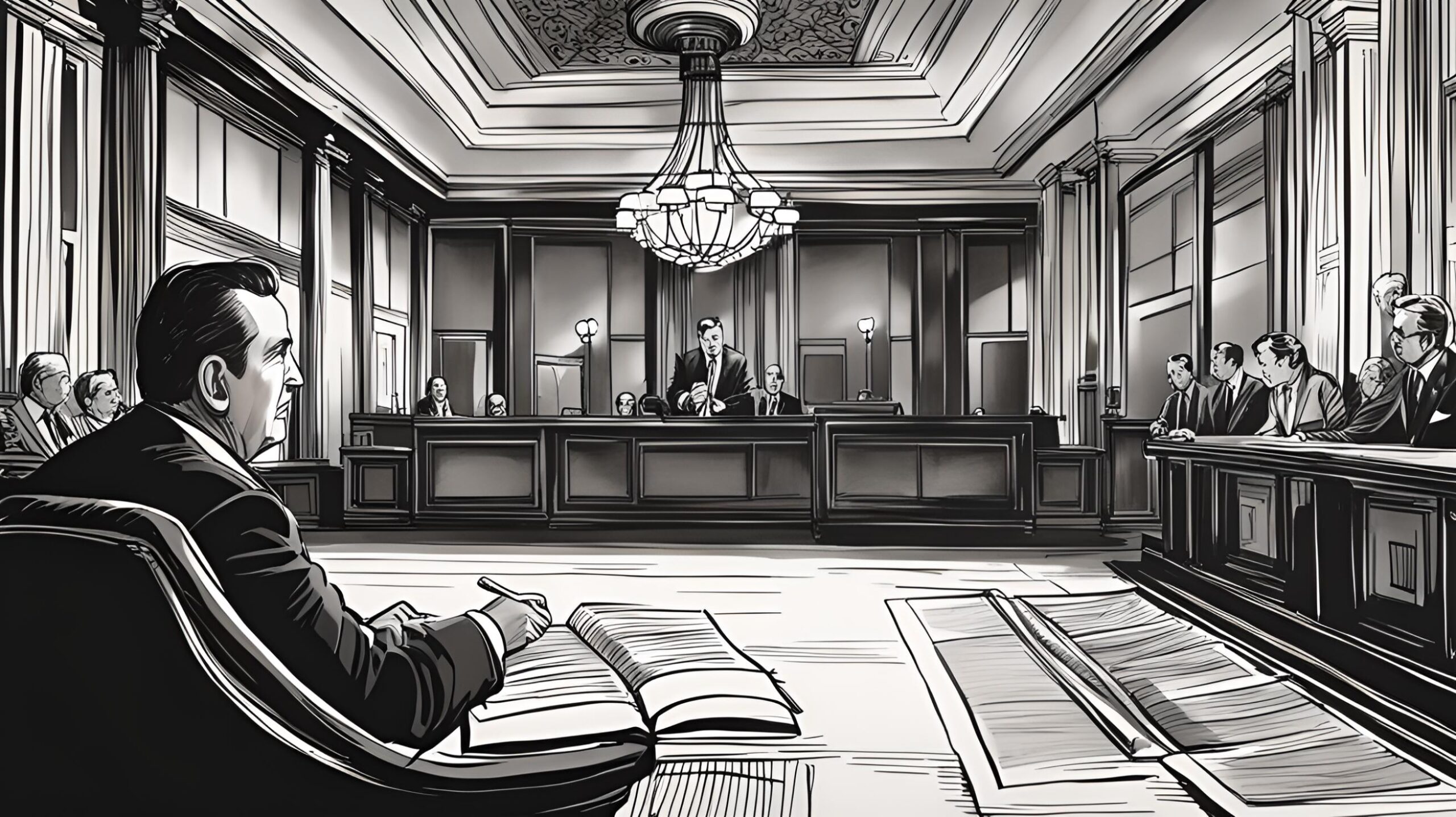Flashback to December 2
American History

In the annals of American business, some dates remain etch in the collective consciousness, none more so than December 2, 2001. This is the day when the Enron Corporation, a massive energy conglomerate based in Houston, Texas, filed for Chapter 11 bankruptcy protection in a New York court, marking one of the most significant corporate collapses in U.S. history. This grave decision came five days after Dynegy Inc., another Houston-based company, abandoned an $8.4 billion buyout bid to salvage Enron.
The story of this catastrophe is one imbued with deceit, managerial hubris, and a complete disregard for legal and ethical standards. It offers a stark lesson in corporate governance and its direct impact on stakeholders and the economy at large. The Enron saga also underscores what can happen when regulatory bodies are unable to keep pace with high-stakes financial maneuverings.
With billions of dollars and thousands of jobs on the line, the Enron bankruptcy marked the culmination of a period of intense corporate mismanagement and corruption. The corporation, once hailed as a paragon of innovation and profit, had become a symbol of ruination and disgrace.
The drama unfolded in the days leading to the filing, when Dynegy retracted its $8.4 billion rescue bid amidst growing signs of Enron’s financial instability. This dip in confidence stemmed primarily from Enron’s undisclosed debt and rampant “off-balance-sheet” transactions employed to maintain the illusion of profitability.
Dynegy’s withdrawal sent shockwaves through the already teetering Enron. The failed buyout served as a blow to investors who had pinned hopes on this lifeline saving Enron. With their negotiation power reduced to nought, Enron made the only decision that remained: to file for the largest bankruptcy in U.S history at that time.
This seismic Chapter 11 filing sent shocks beyond Houston’s energy corridor. It was a brutal testament to the perils of corporate malfeasance that had gnawing, material effects on workers, investors, and a nationwide perception of corporate integrity. The reverberation of the filing rippled through the broader U.S. economy, threatening to capsize the already strained energy sector.
The bankruptcy impacted thousands of employees who were left jobless and pension-less due to Enron’s collapse. These employees, who had invested heavily in the company’s stocks for their retirement, suddenly found their nest eggs completely wiped out.
Investors, too, were hit hard by the collapse. Confidence in corporate America soured, with many investors feeling burnt by the sheer magnitude of the Enron debacle. This was at a time when trust in corporate integrity and governance was at its nadir.
The long-term fallout from the Enron scandal saw a tightening of regulations and an increased scrutiny of public corporations. It led to the passage of the Sarbanes-Oxley Act (SOX) in 2002, legislation created to improve the accuracy and reliability of corporate disclosures and to shield investors from fraudulent accounting activities.
In the end, the Enron bankruptcy serves as a stark reminder of the effects greed, deceit, and unchecked ambition can have on corporate culture and society. With implications felt far beyond the corporate towers of Houston, the Enron scandal turned a grim spotlight onto corporate America, resulting in widespread changes to corporate governance and regulation. It stands as proof that the health of our economies and societies is intrinsically linked to the well-being, honesty, and transparency of the businesses we allow to lead them.
We strive for accuracy. If you see something that doesn't look right, click here to contact us!
Sponsored Content

The United States Senate…
In a historic decision…

Enron Corporation, based in…
"Enron Corporation, the once-dominant…

John Brown US abolitionist,…
On December 2, 1859,…

